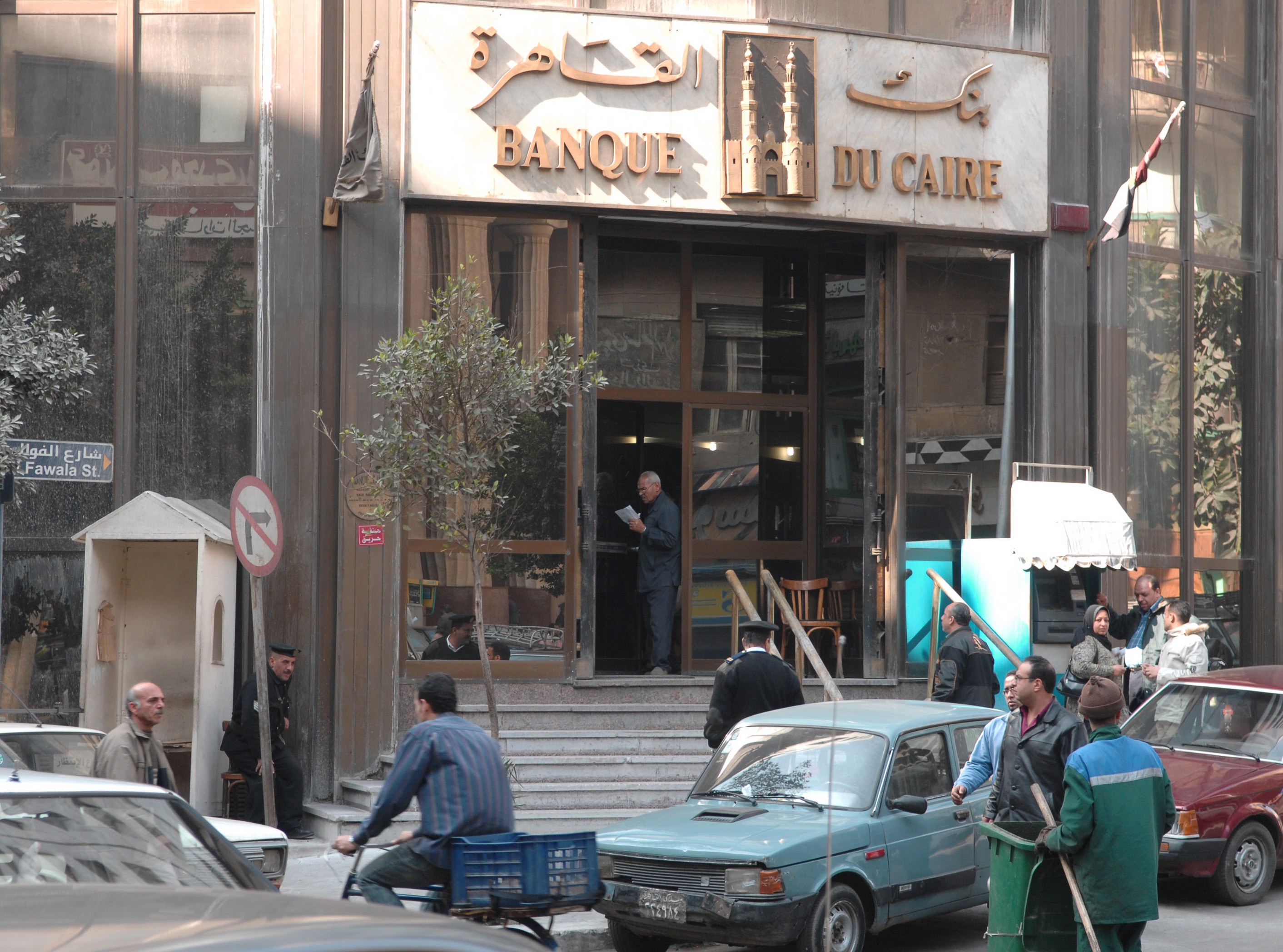A state of panic has broken out among exchange companies trading the US dollar following parliament’s decision on Thursday to toughen punishments on foreign currency traders who do not belong to the official market and align with the Central Bank of Egypt’s (CBE) policies.
The decision aims to regulate the informal market, which threatens the stability of the Egyptian pound against the US dollar.
Daily News Egypt toured three exchange offices in Cairo to discuss the recent measure. One employee stated: “We buy the US dollar at roughly EGP 8.88 and sell it at EGP 8.93, and our offices are under surveillance.”
“We are done,” said one trader, referring to CBE’s intervention in tightening restrictions on the informal market and the exchange companies operating in it.
“Other companies sell the US dollar at a price of EGP 12.5 to importers. However, they are suffering from the US dollar crisis in light of the CBE’s intervention to tighten restrictions on the informal market and the exchange companies operating in it,” said one of the exchange companies’ officials.
One employee in a Dokki exchange company offers an additional $50 to those who want to buy the US dollar at a price of EGP 8.93, but they must provide their photo ID, according to the regulators’ instructions.
The bank officially allows exchange offices to sell the US dollar with a 15 piaster difference above or below the official selling price. However, in light of the US dollar crisis, exchange companies have requested a higher price on the dollar during its scarcity.
After the cabinet’s approval of the Banking Law amendments, parliament decided that traders of the US dollar, who are not enrolled in the banking system’s list, will be imprisoned for no less than six months and no more than three years, and charged a fine ranging between EGP 1m and EGP 5m.
Parliamentary speaker Ali Abdul Aal said exchange companies are like a cancer in the body of the Egyptian economy and they should be abolished. He hopes that a member of parliament will present a law to put an end to these companies that, he claims, destroy the economy.
Amid the CBE’s recent withdrawal of licences from 21 exchange companies, dealers in the informal market emphasised that the procedures led to a state of panic and restricted the selling of US dollars. He explained that the currently offered US dollar is very weak.
Egypt has heavily relied on imports for reviving its economy following the 25 January Revolution, which led to a decline of tourists and investors in Egypt—two vital sources of foreign currency in the country. Since 2011, Egypt has also witnessed a decline in revenues from the Suez Canals, as well as remittances sent from Egyptians working abroad.
Chris Jarvis, head of the International Monetary Fund’s mission to Egypt, which recently agreed with the Egyptian government in the first stage of negotiations on lending the country $12bn over a three–year period, said the government will interfere to adjust the Egyptian pound’s exchange rate in a month. This would have many market onlookers believe that the CBE will soon interfere to devaluate the Egyptian pound against the US dollar.
The official rate of the US dollar in interbank transactions is EGP 8.78, while individuals buy the US dollar from banks at a price of EGP 8.88.




